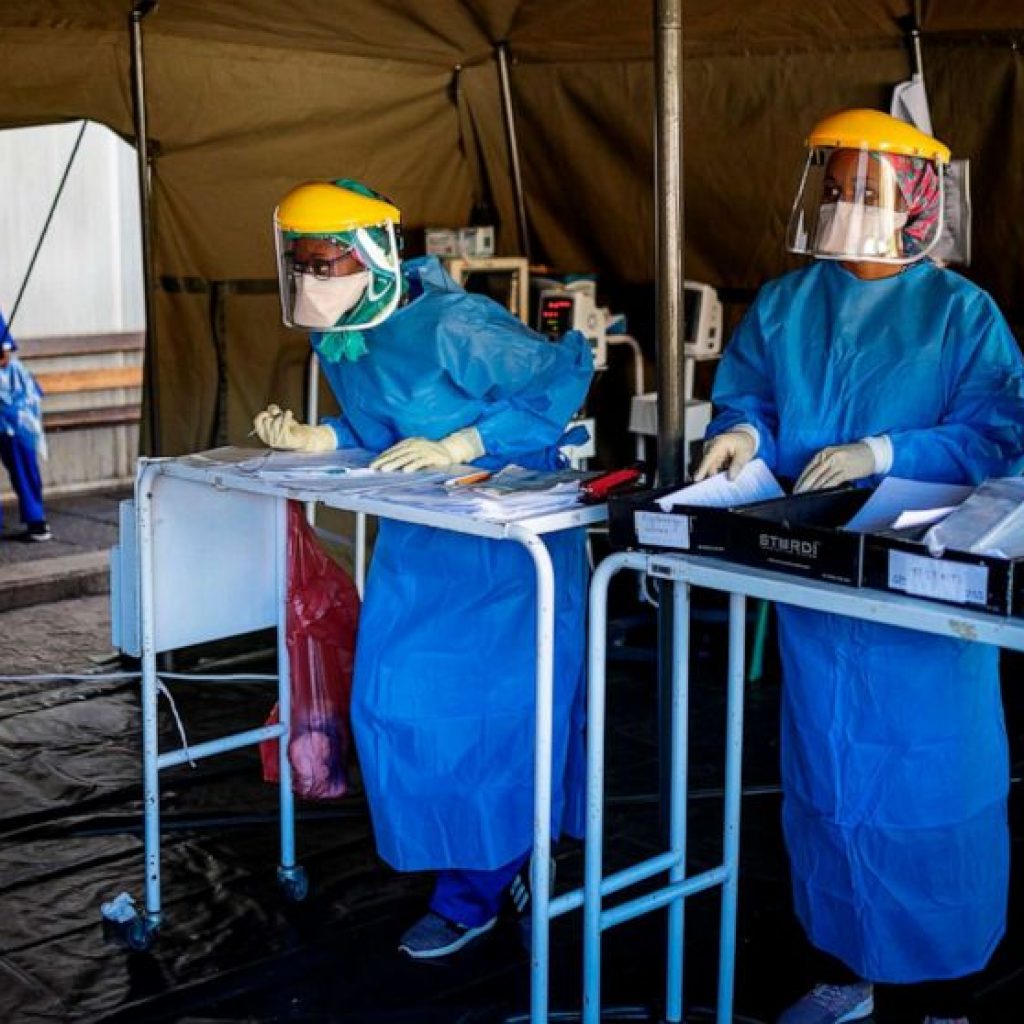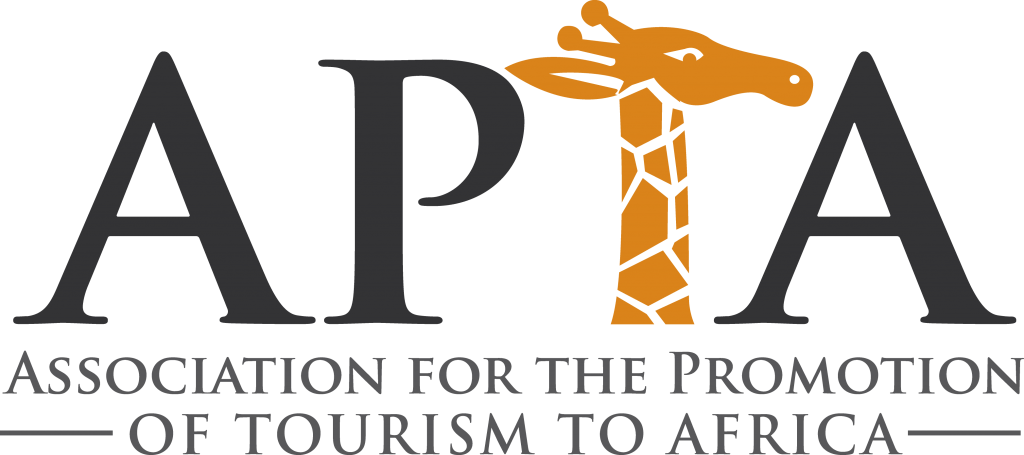
On a recent morning in South Africa’s port city of Cape Town, Patsy Oosthuizen was working her volunteer shift in the coronavirus screening tent outside Tygerberg Hospital when a woman who had been waiting in line suddenly broke down in tears before her.
The woman, whose name is not being revealed for privacy reasons, had brought her young child who was severely ill and had to be admitted for treatment straightaway. Due to the infection control measures, the mother wasn’t allowed to go with the child and instead had to remain in the screening tent so she could be tested for COVID-19.
Oosthuizen, a 22-year-old South African native and fifth-year medical student at nearby Stellenbosch University, was clad in protective gear from head-to-toe and had to maintain a two-meter distance away from the distressed mother as she took down her information on a clipboard.
“It was very odd because I couldn’t even touch her, I couldn’t comfort her,” Oosthuizen told ABC News in a recent telephone interview. “If she was tested positive, there was a possibility of her not being able to be with the child at that stage. So she had a lot of anxiety surrounding that and she had a lot of questions that no one at the moment could really answer for her. It’s really scary for a lot of people because they don’t understand necessarily how the disease works.”
In the last week alone, there has been a 43% jump in the number of reported COVID-19 cases in Africa, and the World Health Organization (WHO) warned that the continent of 1.3 billion people is poised to potentially become the next epicenter of the highly infectious and deadly disease.




About The Author: David DiGregorio
More posts by David DiGregorio